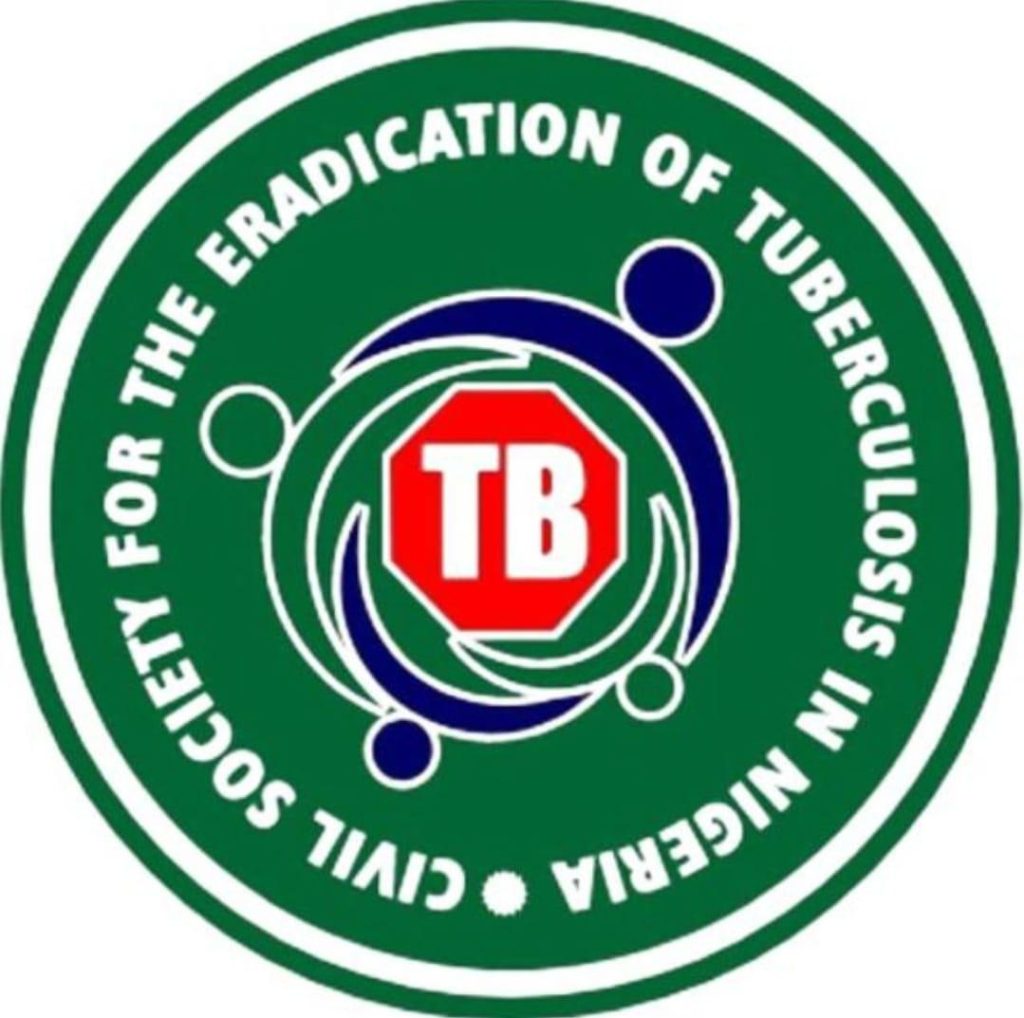
Report highlights factors impacting spread of Tuberculosis, Malaria, HIV in Cross River
Ani Bassey

A report presented by a civil society organisation, the AIDS, Tuberculosis and Malaria ATM Network have identified factors impacting the prevalence of Tuberculosis, Malaria and HIV in Cross River State.

The report identifies poverty, and high transportation cost as playing a big role in the prevalence of the diseases.
The Civil Society for the Eradication of Tuberculosis in Nigeria (TB-NETWORK) and also the Coordinating Network for the C19RM GF NACA GC7 Project in the state made this known in a media brief of its activities in Calabar, Cross River State.
Mr. Solomon Agbor, the state Coordinator of the Tuberculosis Network and lead coordinator of the project in his presentation said “socio economic factors significantly impact the prevalence of Malaria, HIV and TB infections.
“These diseases are closely tied to poverty with the most vulnerable populations facing inadequate access to healthcare facilities and quality education.
“Even when treatment is theoretically free (as in the case of TB), hidden cost like transportation expenses can make it unaffordable to patients, particularly those in rural areas”, he said.
He stressed that addressing challenges posed by these diseases requires more than pragmatic concerns as it’s an ethical imperative.
He added that systemic solutions must tackle poverty, inequality, access to healthcare, affordability and awareness.
State Coordinator of the Civil Society for Malaria Control, Immunization and Nutrition, ACOMIN, Pastor Effiong Udobong Effiong said most facilities are closed because of lack of staff as workers have either retired or left.
“One of the major desires of our facilities is the need for urgent engagement of health workers in facilities in Cross River State.
“This challenge has been escalated to the right authorities by the ATM SAT team and we have assurance that the issue manpower will be looked into and receive urgent attention”, he said
Also speaking, Rev. Sunday Eminue, the ATM state Coordinator of the Network of people living with HIV and AIDS in Nigeria, NEPWHAN, said healthcare facilities in selected communities across the state are being strengthened to better cater for patients with these diseases.
The ATM Networks are collaborating with the National Agency for the control of AIDS, NACA, on the Covid-19 Response Mechanism/Resilient and Sustainable System for Health (C19RM) Grant.
They deploy the Community Led Monitoring approach to engage community stakeholders to take ownership of health interventions particularly HIV/AIDS, Malaria and Tuberculosis.
This is done by identifying gaps hindering effective service delivery jointly prioritize identified needs and advocate for improvement in healthcare services delivery.
The project covers selected local governments, wards and health centers across twenty one states in Nigeria.



